By Mehmet Yuva
“There are many truths in life, but death is the absolute reality. Death is closer than your jugular vein. The causes may differ, but death is singular. And every living being will taste death.” We extend our condolences to the people of Iran.
The accidental or illness-related death, or assassination, of a head of state and accompanying high-ranking state officials can disrupt the system in many countries. If the establishment is monopolized by an individual or a narrow elite, and the fundamental pillars rest on that individual or dynasty, the death of that person or the collapse of those pillars can lead to the collapse of the state. Intervention from outside or forces inside seeking power with the support of a powerful foreign occupier may give rise to one or more authorities (mini-states). The country could fall under the control of ethnic, sectarian or mafia groups instantly equipped with weapons and material support. In short: The country could be divided.
We have witnessed such examples in Iraq, Libya, Sudan and similar. The survival of the established order in Syria is not merely because the highest and most powerful plan belongs to Allah. It is not just because of the intervention of Iran, Hezbollah in Lebanon, China, Russia or similar friendly states. Undoubtedly, Syria, which has been subjected to international assault, war, occupation, and division, found the means to survive and continue its existence through this help. However, it is also due to the established order, the unity of the military and the people, a deep-rooted civilizational history, and the institutionalized identity of the Arab Socialist Ba’ath Party (which has a history similar to the Republican People’s Party (CHP) that founded the Republic of Türkiye).
Learning from mistakes
Iran, which can play the democracy game a bit more skillfully than Syria and uses a type of democracy akin to that of the US and Western countries for its national security, national defense, national culture, and national interests, may be shaken by the accidental death or assassination of state officials or religious leaders. However, the established order will quickly recover and continue its course. That Iran’s many high-ranking military commanders and nuclear scientists being killed in Iraq, Syria and Lebanon also shook Tehran but did not topple it. Incidents that don’t topple you offer two options: Either you learn from the mistakes, deficiencies, and security weaknesses and become more resilient, or you fail to learn and continuously suffer losses until you are exhausted from the bleeding.
Conspiracy theories
The prevalence of conspiracy theories on Iran is understandable. “Israel, all-powerful is everywhere” some would say. Some others would refer to conflicts within Iran between the hawks and the doves. But until proven otherwise, the concrete data and credible experts’ analyses thus far indicate that the deaths resulted from a tragic accident due to the region’s mountainous terrain, dense fog, heavy rain and snow.
The helicopter crash may have occurred due to natural causes, but in countries like ours, even if someone dies of natural causes, there is always suspicion. Doubt and paranoia, justified or not, permeates every cell of us.
Brutus within us
Without disregarding external threats, we should first search for the enemy, weakness, betrayal, and Brutus within us. External threats, dangers, assassinations, conspiracies, and blackmail cannot succeed without finding support and collaborators from inside. Accidents happen. Every flying machine is prone to malfunction. The region is mountainous, densely forested with heavy fog and snowy weather. Why weren’t these conditions considered beforehand? Why not wait until the weather conditions improve? Why wasn’t the road chosen instead of flying? Why were key state figures on the same flight? Were the routine maintenance checks done? Contrary to the common mindset, the culture of relying on God does not accept arbitrary behavior or lack of responsibility in the culture of discipline. Iran has lost very important generals, commanders, and scientists in its own country, Iraq and Syria. These operations do not only indicate the enemy’s strength but also show the weaknesses and perhaps betrayal within the internal front and security network.







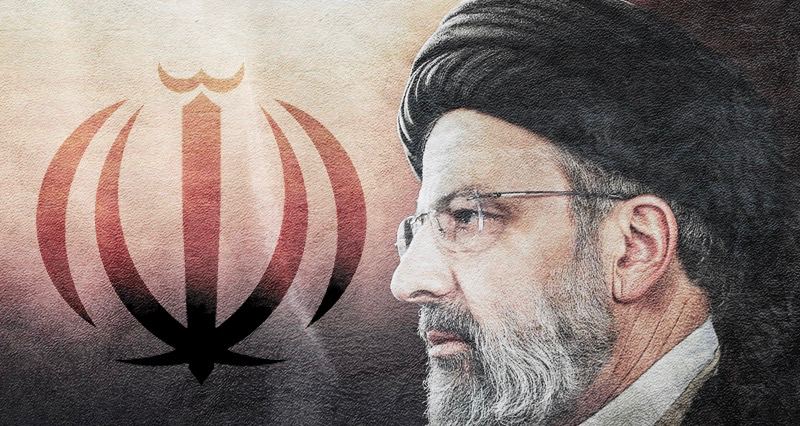
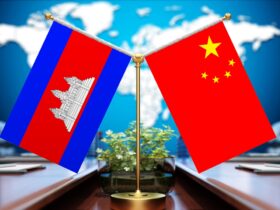

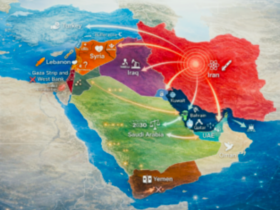


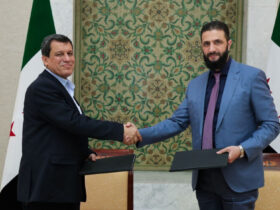
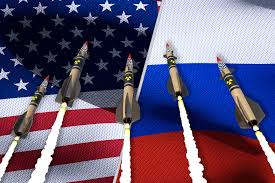
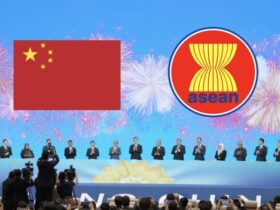

Leave a Reply